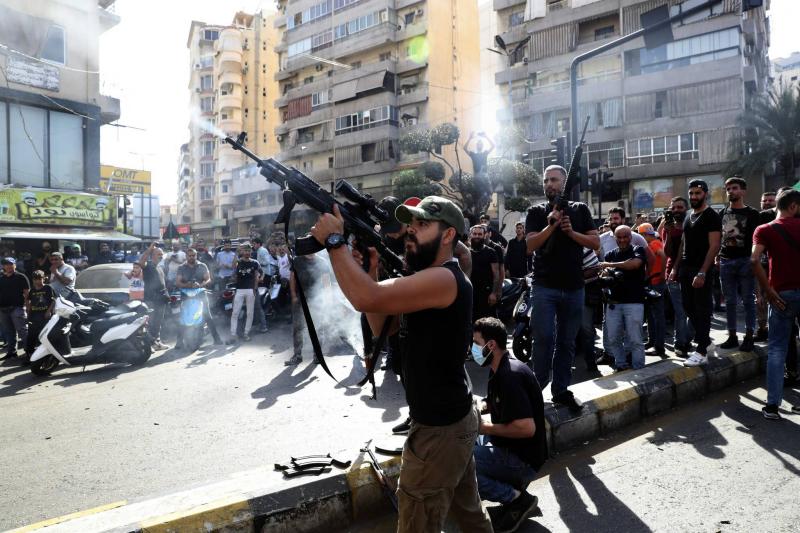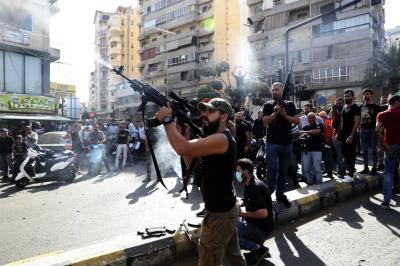War drums are beating, and their horns are sounding between "Hezbollah" and Israel; I won’t say between Lebanon and Israel. There’s disturbing talk about the impending violent strikes on the bases and forces of the party that has hijacked the Lebanese decision. However, there will be Lebanese blood that has nothing to do with Iran's party, and there may be significant destruction. Afterwards, the party will emerge to declare "divine victory" over the ruins of the south, just as it did in the "July War" of 2006, where we later read the famous news: "Hassan Nasrallah told Lebanese television and the London-based newspaper (Al-Hayat) in September 2006: '(If we had known that the kidnapping operation would lead to this outcome, we would not have done it at all).'"
During that war 18 years ago, the people of Lebanon, and even the people of Syria, embraced the "displaced" Lebanese from the southern areas, or what is known as the "Hezbollah" social environment. Lebanese Sunnis, especially in Sidon, received them, as did Christians in the north and Druze in the mountains, sharing with them shelter, food, and drink; for this is Lebanon's war, even if Hezbollah ignited its spark by kidnapping Israeli soldiers, describing it, as usual, in its absurd rhetorical style: a sincere promise.
During that war in 2006, around 600,000 Lebanese displaced from combat zones to other Lebanese areas; for instance, the city of Sidon welcomed more than one hundred thousand displaced Lebanese. At the time, Jan Egeland, the UN Under-Secretary-General for Humanitarian Affairs, stated that this number was increasing at a rate of tens of thousands daily. Today, if a large displacement scenario were to repeat—God forbid—would Hezbollah's nurturing environment find sincere reception from the rest of the Lebanese communities that Hezbollah has wronged in Syria or Lebanon, or would there be anger and doubt, and perhaps friction that could escalate into a larger conflict among the Lebanese themselves?
There are signs, albeit minimal, but "most of the fire comes from a small spark," reflecting a different Lebanese mood against Hezbollah. In December 2022, reports pointed to a provocative and new Lebanese group, rooted in a Christian religious dimension, a quasi-militia called "Soldiers of God," with around 300 members, who publicly display their numbers in the streets from time to time while wearing black shirts adorned with winged crosses.
According to the insight of Lebanese-American journalist Hussein Abdul-Hussain at the time, it seems that the "Soldiers of God" were the ones who confronted Hezbollah protesters in 2021, who passed through the predominantly Christian neighborhood of Ain al-Rummaneh on their way back from a protest against the justice for the victims of the port explosion, leading to armed clashes that resulted in casualties.
May God protect Lebanon and its people—“all” its people... from the follies of the interior and the animosities of the exterior.




